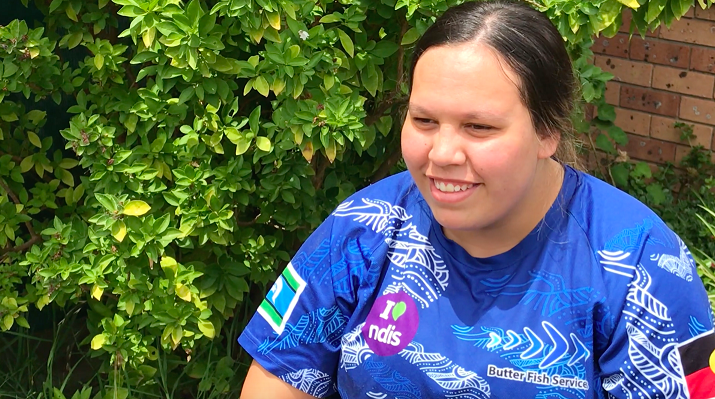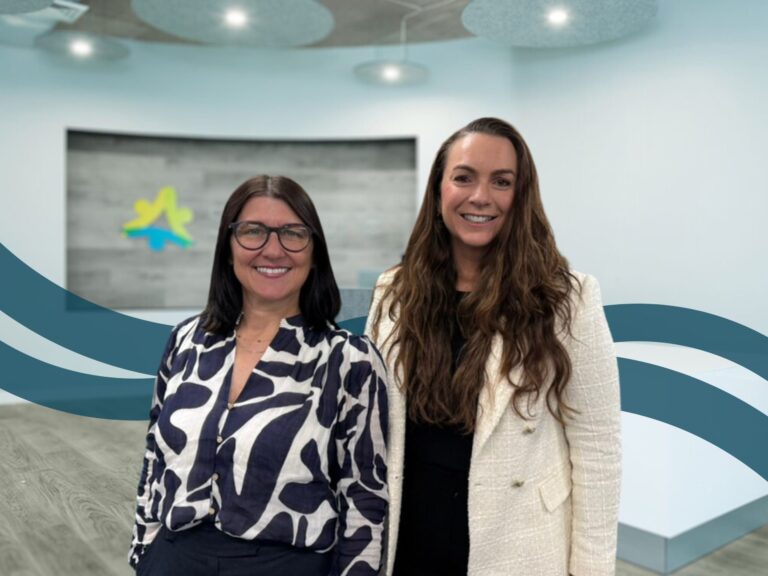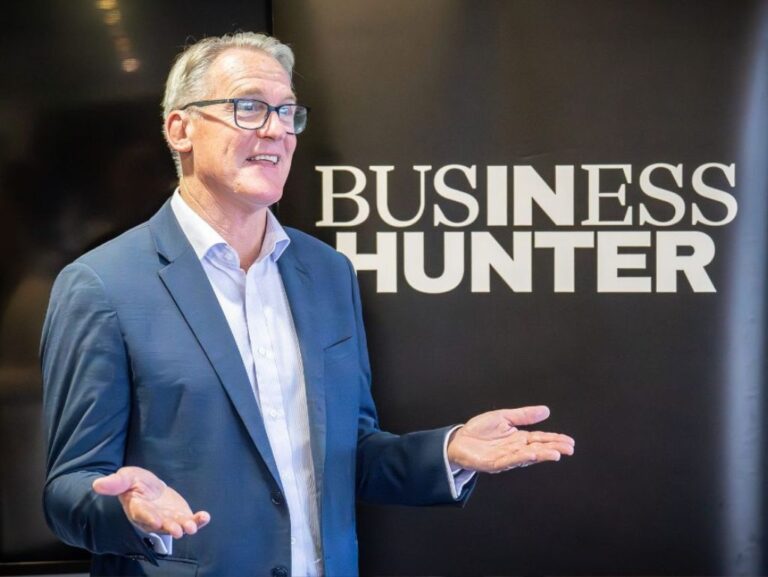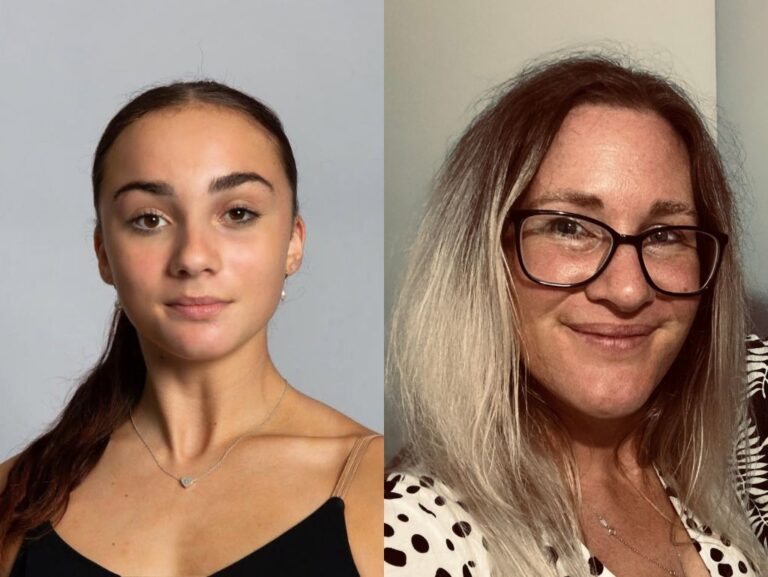I heard a recent interview with Kurt Fearnley and while his accomplishments, not least his most recent climb of the Sydney Harbour Bridge, continue to impress me, it was his comments about what his life after racing was like that resonated with me.
He spoke about approaches by segments of our community to help them in their efforts to advocate for their interests. He acknowledged that while each had merit and certain degrees of interest for him, the most effective conversation right now was one that included all of our community. Like so much of what Kurt says, his approach is well considered and logical. But most of all, it was focussed upon creating whole of community solutions. He was of course speaking about creating better outcomes for a community that supported people of all abilities.
In July 2013, the Hunter region became the trial site for the NDIS. One might think that our region should therefore be leading the way. Our region excels in conversation – it is one of the bonuses in being a little big town. We also have an innovative approach to business and in many cases we are also pretty good at being inclusive, in the way we have conversations about our present and our future.
So, therefore we have the right elements to deliver real choice and control for people accessing the NDIS scheme, right?
NDIS promised an opportunity for amazing change that would be led by the people it was established to support. It was supposed to disrupt the sector by removing institutionalised service in favour of placing choice and goal direction in the hands of the client. Importantly, the NDIS was also supposed to inspire innovation and inject a whole new way of thinking about disability support programs into the sector.
Some five and a half years down the track, less than 3% of people have moved from their incumbent providers. While you might argue that this is because people are happy with their current plan and what is delivered by businesses that specialise in disability support, the reality is that many clients do not know that they can change providers and the majority of these are completely unaware of how the sector can or can’t help them to set or reach their own goals.
Sadly, this is because many organisations within the sector are just settling for what’s easy. Consider this – how difficult is it to achieve the goals you set yourself? Can you imagine what setting goals might be like for a person who is accessing an NDIS plan?
How do we deliver better outcomes, more choice and more control for these people?
We must adopt a better business approach to lifting the standards. This must be supported by an honest and transparent delivery of care.
That means raising the bar on the way we operate as businesses and the level of skills that we appoint into local disability care businesses.
It is about putting our clients and their needs at the centre of everything we do.
With a Royal Commission into aged care services just around the corner, there is increased pressure to look further into the disability sector. And so we should. It’s time to get real and talk about the way we are supporting all members of our community.
I am not naive enough to believe that issues within the sector are solved with a simple chat. It is a complex part of our community that exists to support about 460,000 people of all abilities with all types of hopes and aspirations who will access an NDIS plan in 2019.
The Hunter was chosen as a pilot site for NDIS. We like to think that this was because we are innovative, resilient and that we have the right leadership in place to set the highest of standards for people who are accessing the NDIS.
We are not there yet. We are not even close.
I am, however, confident that if we don’t start encouraging conversations and support innovative approaches by some of the region’s specialist and smaller providers who are thinking out of the square, then we are at risk of failing.
It’s time for our region to get real about the NDIS and make real change for the benefit of our entire community.





